advertisement
Be Innovative As A CIO, Or, Die
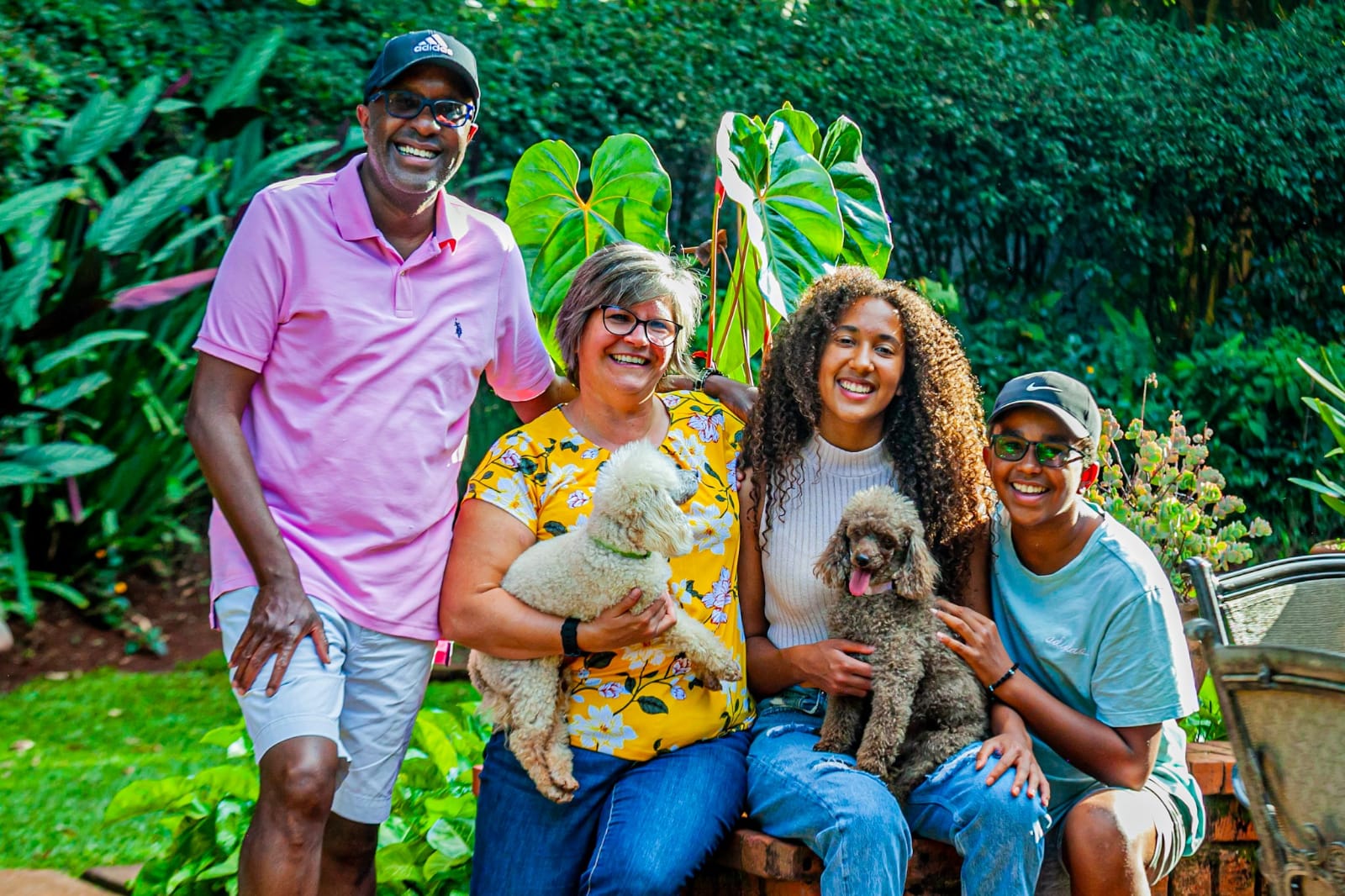
Imagine being a CIO. Ok, so that’s redundant if you’re on this page. So, in your case, since you already are one. Imagine you have a six-year-old who has just burst through the door because the other kids have said their dads and mums are engineers, pilots, lawyers, and doctors. Your six-year-old gives you that wide-eyed, brimming with innocence and curiosity look and asks, “Daddy, Mummy, what do you do?”
What will you tell your little beam of sunshine?
Elijah Kibogo, father of two; 19 and 14, Regional CIO of Stanbic Bank, has been trying to explain his career to his children for years. “It’s been a struggle. They don’t quite understand what exactly I do, and they think I just answer emails, and sit at my desk because we are working from home. They say dad just meets with people and talks. Occasionally, I have taken them to the office to see things like data centres. They kind of have an idea that I work with something to do with computers, but they don’t see the computers I am working on.” To compound it, when a computer is on the fritz at home, he isn’t the one who fixes it. “Interestingly enough, it is not me. It is either my 14-year-old or my wife.”
advertisement
It makes sense that a CIO can’t really explain what they do. You can’t exactly go to CIO school. At least not just yet. Instead, you have a hodgepodge of unique skills that are expanded and diversified across the length of your career. One thing that I know for a fact a CIO does is buy technologies. But what does one consider?
“It depends on what the business needs are. We in the tech world try to never dictate. We listen to what the business need is and then understand it. Many times, you will find that people think they have a technology need but in reality, it could be a business process need.
So, you guide them in understanding and weigh against that. As soon as you understand what a business need is, then you can make the right decisions, The idea is to listen and listen carefully. The tech is not as important as what you’re trying to achieve.” And because a CIO works with a team, they have to get buy-in. “What you are talking about is what I would call Stakeholder Management. Let’s assume I am trying to sell something from a technological perspective. It is important to a technology leader that they are able to manage stakeholders. When you work across regions as I do, you do not only manage across countries.
advertisement
Do the needs of the business vary regionally? For instance, does Kenya have different needs from Tanzania or Uganda?
It depends completely on the country you are dealing with. I deal with six countries: Kenya, Uganda, Tanzania, a bit of South Sudan, Malawi, Zambia, and one Portuguese-speaking country – Mozambique. It could be a language issue, or that we have commonalities as East Africa. Even the nuances between Kenya and Uganda or Kenya and Tanzania vary. We also run several countries from a technological perspective, supporting them out of Kenya. These include South Sudan, Ethiopia, and Rwanda. Whenever we say Kenya internally, we mean those three countries as well.
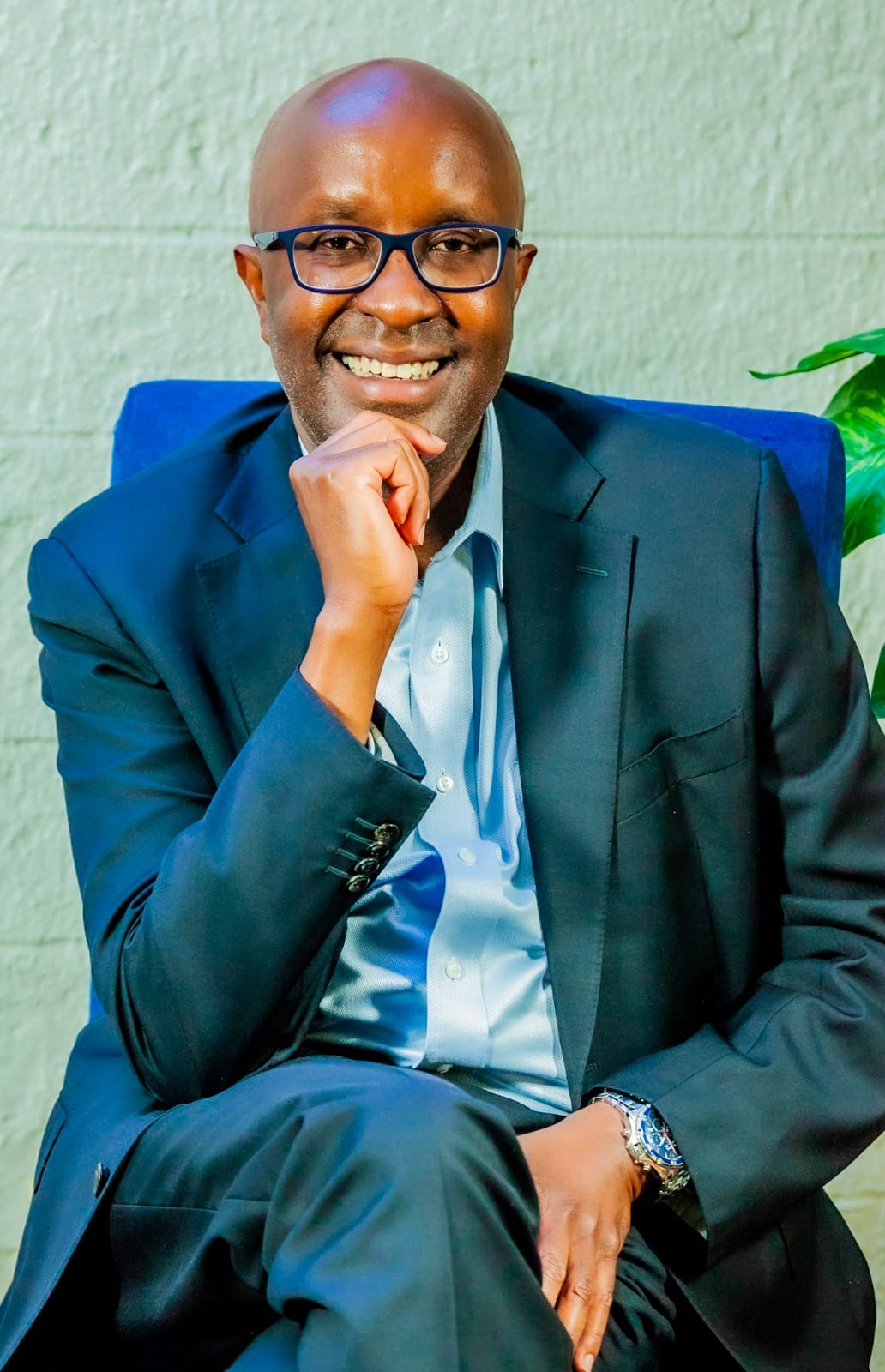
advertisement
Are the challenges different across the board?
Indeed, they are. I’ll give you one quick example. We talk about internet stability in South Sudan, completely different from the issues that we have in Kenya. You sometimes would have to pay much more than you would in Kenya for instance. The fibre on the ground is not as advanced as it were, so that requires different thinking on the ground. And South Sudan is also still a young country. With Mozambique, there is a language barrier so you have to pick a few words of the language to be able to get your message across.
Have you ever had to run the same project across all the countries?
Yes. We have many projects that go across the board and outside my region as well. Throughout Africa, we operate in 17 countries. We do have especially on the corporate side of the business, most of our applications and systems across the board. We do not have common systems throughout the bank. In Kenya we use T24 (core banking system) as an example, as well as in Angola and Mozambique. The rest of the countries outside of South Africa we use Finnacle. In South Africa we use SAP. However, many of our systems are used across the bank,
What do you think are the technical skills that a CIO needs most?
Believe it or not at the top of my list, is really communication, leadership, and stakeholder management. Obviously, you do need technical skills – I wouldn’t say they need to be in-depth – my son has more technical skills than I have. His way of communicating is running away to his room.
From a technical perspective, it needs to be broad, running across various departments. At the very beginning of my career, 35 years ago, I did a bit of Cobol. Then I went into project management then various fields of technology. As long as you can pick that up along the way, it serves you well. One of my biggest handicaps is in the area of security. I also do know I need to rely on others, be able to say when I don’t know or acquire that knowledge. When people grow up and aspire to become CIOs, they need to understand that they need to work in a variety of areas. Also, never forget the soft skills.
We are looking at the soft skills, the technical skills, and the interpersonal skills, are we asking too much of our CIOs?
Absolutely. I strongly believe that especially when at the country level. The regional level is slightly different because my role is to really coordinate, guide and mentor. When you are dealing at the hands-on level, we sometimes do ask much of our CIOs. It is, though, up to you as the CIO to be clever and understand your weaknesses and strengths. Hire people who complement you. I have very little security background. So I made sure the people I surrounded myself with have strong security knowledge.
In October 2020, there was a story about a hacking incident in Uganda. It mentioned MTN Uganda, Airtel Uganda, Stanbic Bank, and Bank of Africa. What exactly happened and how did you deal with it?
That was quite unfortunate. The weakness happened to be in our aggregator at the time, and that is who was hacked. In addition to that MTN, Airtel, and to a certain extent, us. We quickly realised what was happening, took proactive measures, and then shut down to make sure it did not continue over the weekend. It is one of those things that you have to be very proactive. You have to be sure that you are on the up and up and have covered yourself. In some instances, the hacker had some insider knowledge as they deal with some of our vendors.
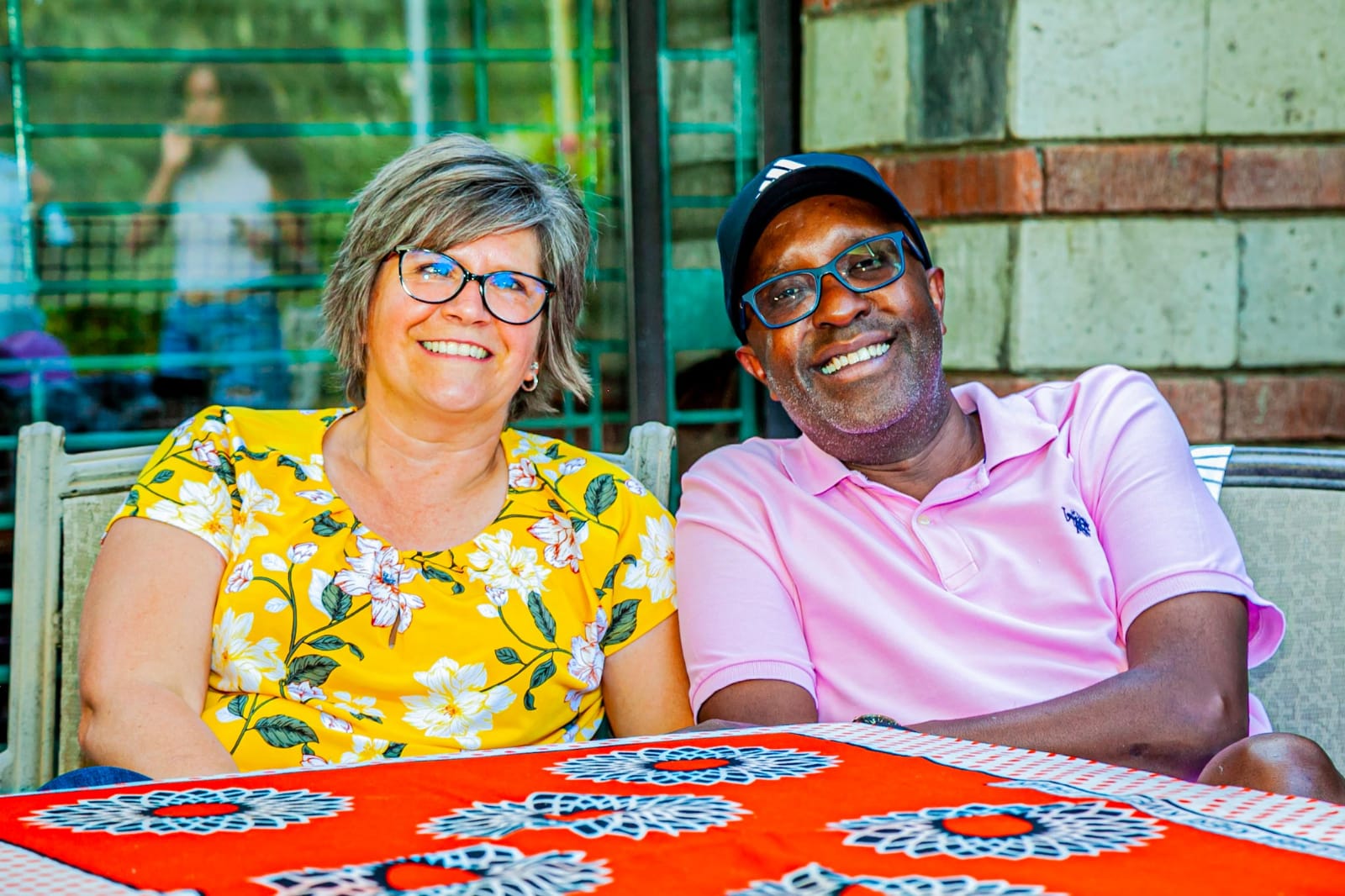
As someone who studied Cobol all those years back, how do you deal with legacy tech?
Legacy tech was a problem during Y2K. You deal with it by ensuring that you are able to remove it as you go along. It needs a good strategic plan. You can’t move it as quickly as you would want to because some of our systems as a bank are about 50 years old all the way from the late 60s to early 70s. How you deal with that is important. Make sure you have a good plan. Maybe a five-year plan knowing that you need to remove all that technology from back in the day.
Is banking innovative? I think of it to be a lot like the Catholic Church – before Pope Francis. Do you actually have moments that are innovative, or do you find that regulatory bodies stop you in your tracks?
We are one of the most regulated industries. That should. however, not be an excuse. Innovation does not necessarily come through technology alone, but even in your mindset when you start questioning yourself asking why you do the things you do. Just because it has been done doesn’t mean you should keep doing it. Sometimes, it is also an issue of institutional legacy that has crept up, leaving you unable to innovate as fast as you would like. Admittedly, banks are not as fast-moving as our competitors and by that, I mean the MNOs. However, we are catching up or we could lose our lunch.
Looking at fintech versus banking, how do you manage to cater to the older generation that believes very strongly in the bank, versus the Millennials who believe in fintech.
That is the challenge of the sector. In the last four or five years, we have awakened to that. You clearly see the profits of fintech go up while some of us have plateaued. Banks have opened up to that. The leading banks in Africa have stood up to the challenge and decided they will run like a fintech. Many banks bring innovative products to the table and we listen to our customers. We are also making sure we know our customers as an institution, which is where our strength lies. We do a much better job at KYC. It makes it easier for the regulator to know that money doesn’t flow where it shouldn’t.
How did you handle COVID from the moment it was declared a pandemic?
As soon as COVID-19 hit we knew we had to think differently. We decided we needed to reduce the number of people coming into the head office. At the branch level, we alternated people. Many are now working from home, including myself. We quickly provided laptops for those who needed them. We also needed to be sure people were not congested in the workplace. And acquired the technology needed to work from home. We rose up to the challenge like many other organisations.
Watch the interview above.
As a CIO who manages CIOs, what are the qualities you think one ought to have?
One of the qualities one needs is the ability to juggle and not feel the pressure when you are under fire like when the systems go down or there is a hacking incident. Especially the ability to handle many things at the same time; the fact that you get calls in the middle of the night, or early in the morning. One has to be dynamic and keep up with what’s happening, or you’ll find the young people talking to you in a language that you don’t understand. Read, relax and manage your people. It is a cross-section of abilities that you need to have. I think the most important ability is to be able to juggle.
How do you make sure that you have aligned your technologies with the strategies of the company?
You must become what is called a business partner and understand what it is that they are trying to do. You can’t sit there and say you manage the technology. How are they trying to grow? What customer segments are they trying to achieve? Be part of formulating the business plan then ensure that the tech is aligned to that. Communicate where you are falling short and where you need to get technology.
What then, becomes your priority as a CIO?
You have to juggle. At the end of the day, we are all there for business. You have core technology that you need – the plumbing that people can’t see. Make sure your business understands what you’re talking about and why.
Can you give me an example of a successful project that you executed?
I have been a bit removed from projects, but I can talk about the COVID-19 migration. It was seamless such that we did not miss a beat. That, I believe, was one of our biggest successes.
What about an unsuccessful project? How many of those have you had?
I had those, especially in my early days. The trick is, you need to fail and fail fast and move on to the next success. Speak truthfully to the business and be able to say, “I dropped this,” and pick all the lessons you needed to learn so that you can take it to the next level.
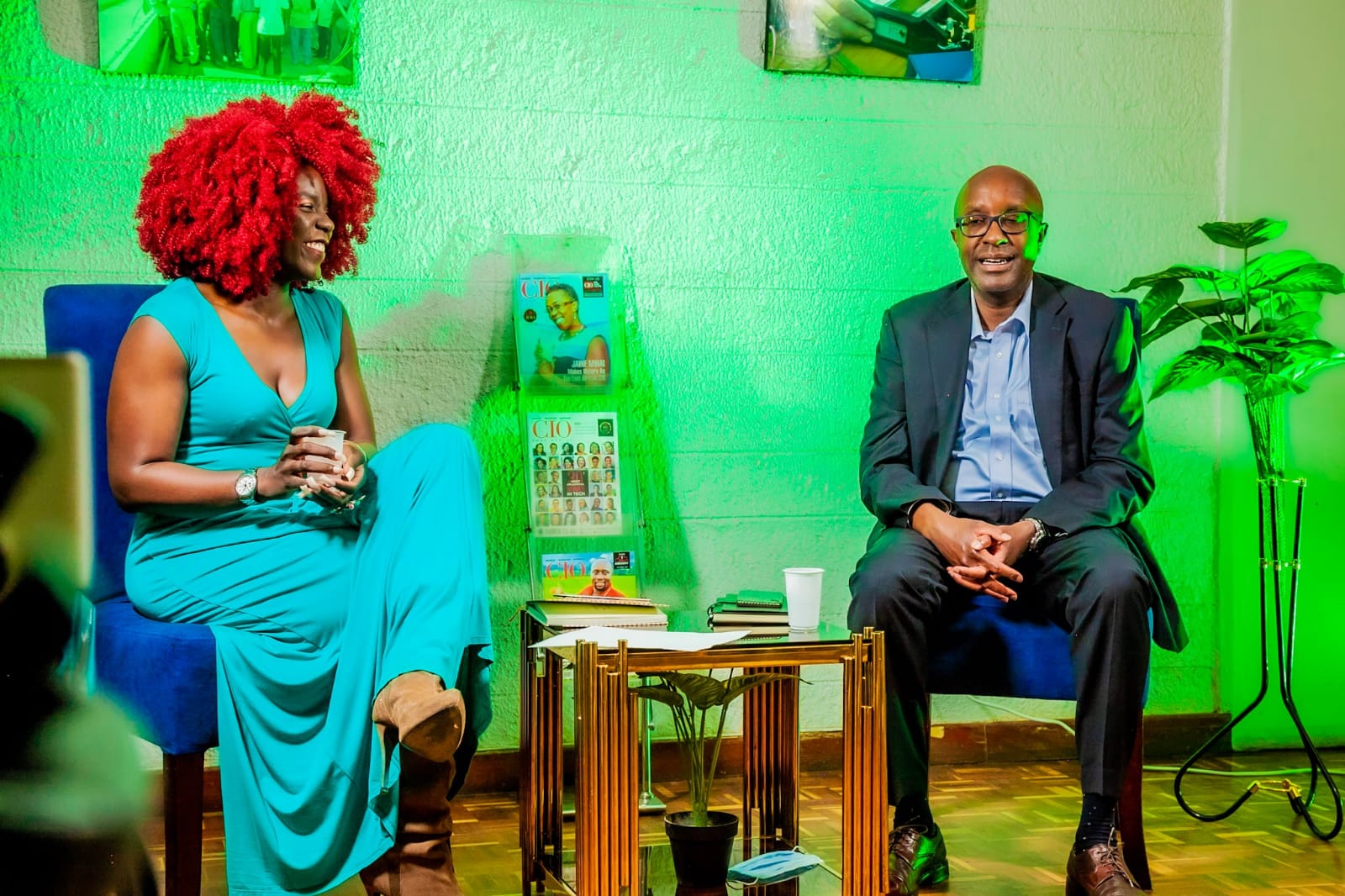
What technologies are you working on now?
There are three areas, one we consider ourselves as leading in data mining. We are hiring a lot of data scientists and asking ourselves how to connect this data and use it cleverly. It is one thing to collect the data. Quite another to ask ourselves what to do with it. The data field is a growing field, and I would encourage young people to get into it.
The other is migrating to the cloud. It is a conversation we have had across the board. We have made huge strides in Kenya, migrating some of our systems to the cloud, away from the data centre. We have plans that we will see us succeed in moving away from physical data centres based here. We need to communicate with our regulators, making sure they understand what we are trying to achieve so that it is not perceived as migrating our customer data.
Then there is AI. We are dabbling in it for the future as well as how to use it to make sure we are providing products and technologies to our customers and our business.
What is it that you like about your job?
The challenges that come with it. They are there to be solved. Once you solve a challenge it is a really good thing. I like that I am able to mentor young CIOs – coach them to get to where they want to get. I also find the fact that I am not dealing with just one country, I am dealing with more dynamics. It gives me more fulfillment on a personal basis.
Have you ever had a moment where you thought the regulatory bodies are getting in the way of innovation?
To be honest, I think that could be an excuse for someone who doesn’t want to be innovative. Recently, we had a meeting with international regulators. They wanted to understand where we want to get to. The regulators are not unreasonable. The rules are there for a reason. If you are the custodian of people’s money, you need to be held accountable. The standard has to be high. The issue then becomes, how do you collaborate with the regulator to get to where you want to get? Yes, we are heavily regulated, but for good reason. Engagement with the regulator is critical because before you launch a new product you have to engage with the regulator. I find the regulator very reasonable and easy to engage with. It sometimes takes time, but it is an issue of collaboration.
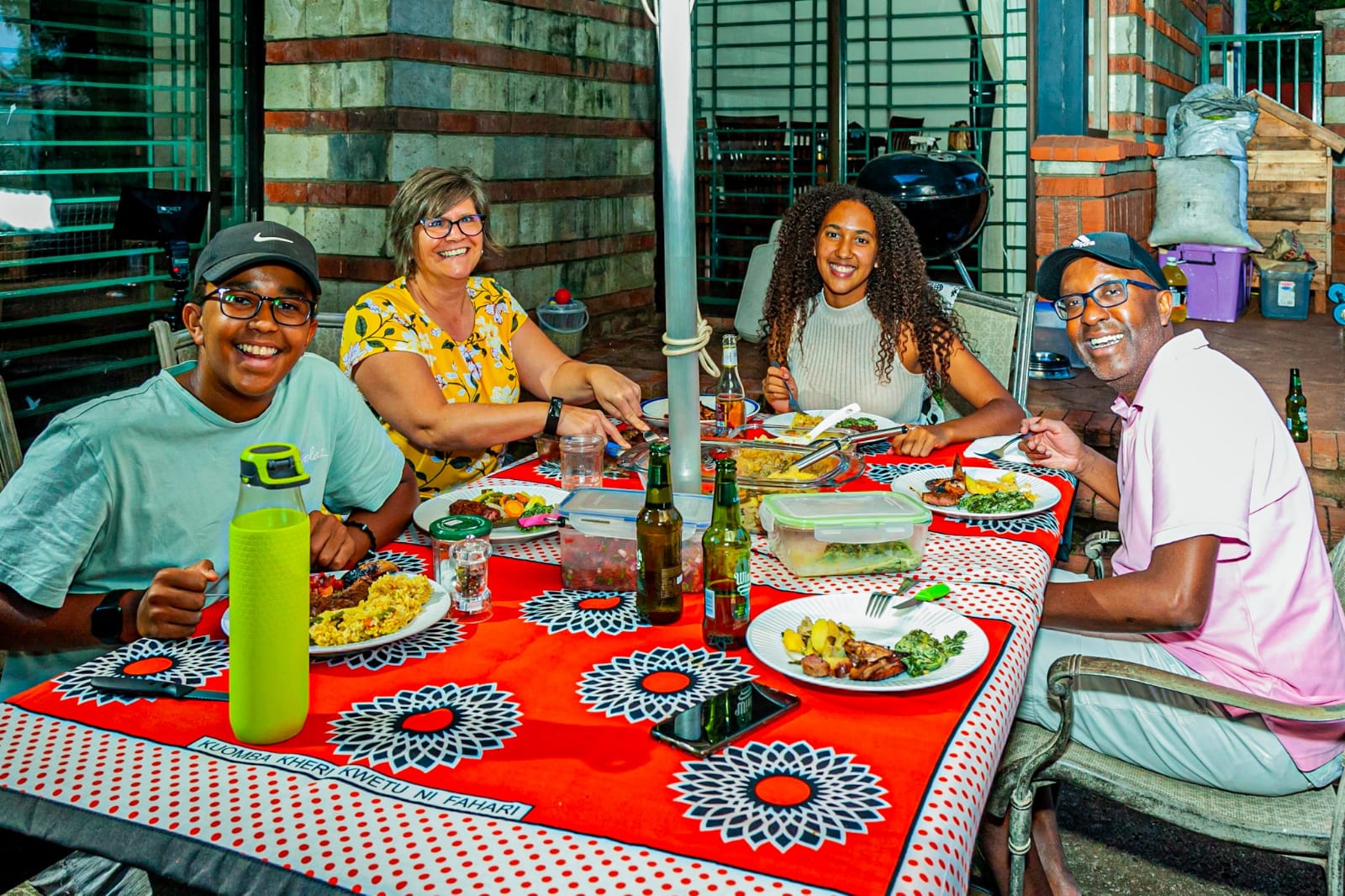
I found an article on your site talking about Stanbic Bank engaging with Chinese fintech. What was that about and how will it ultimately benefit the consumer?
Just to give you some background on our involvement with the Chinese on this project. Standard Bank, South Africa, which is the main shareholder of Stanbic Bank, Kenya, is actually 20 per cent owned by ICBC (Industrial and Commercial Bank of China). ICBC is the largest bank in the world. We find that we do collaborate a lot with our Chinese colleagues and have a lot of Chinese working across Africa. We have a lot of clients who are Chinese. Plus. the tech coming out of China is quite advanced. We use some of that technology to be able to innovate the new products that we are bringing into the market.
Where do you see the banking industry going in the next five years?
Either innovate or die. The fintech are clearly active and they have understood what the Millennial needs. And not just them. This includes people who pay their employees. It is quicker sometimes to transact through fintech. We need to be as quick, if not quicker. And we have understood that we need to be quicker if not more innovative. If we don’t innovate, we are done for.
Now let’s talk about you. What is it that you have noticed about yourself that has changed from the moment you were first appointed CIO to date?
I’ve got more grey hair for sure… I would say I listen more, because if you don’t then you won’t understand what is being said and the issue that is being presented to you. Before, I used to be most outspoken. Now I listen and grasp the nature of the problem. In the last 10 years or so, I have grown because of my role as a CIO.
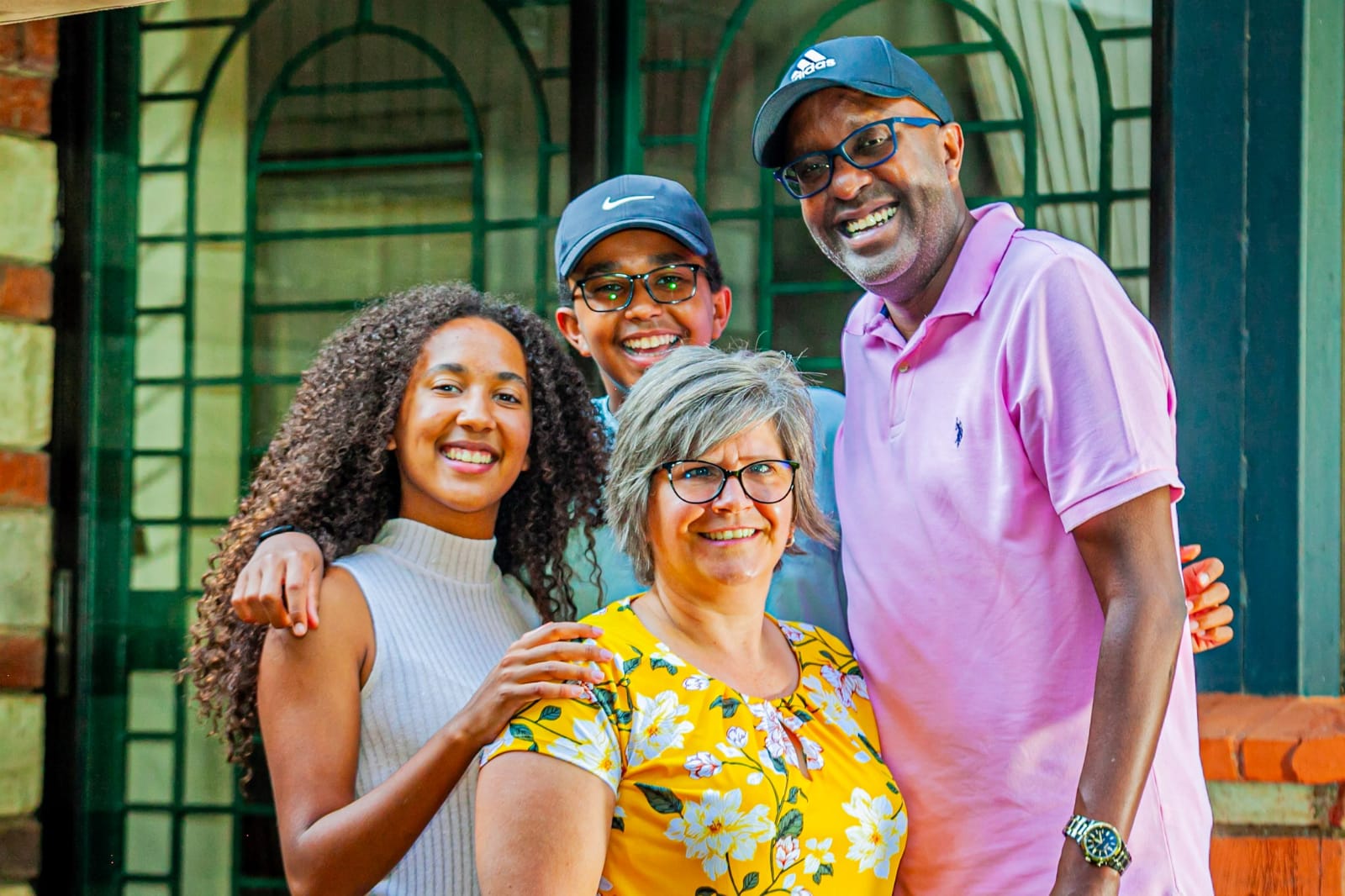
What do you do for fun?
When I have free time, I like to go on trips and travel especially with the kids because we always want to go places. I also like to read. Right now, I am reading Becoming by Michelle Obama and I am just about to start reading Barrack Obama’s book. My daughter has just finished reading it. I also like to braai on Saturdays. It is something I picked up from my time in South Africa.
What has being a CIO taught you about yourself?
I have learned that I can juggle a lot. It is said men don’t generally juggle. Trust me, as a CIO, you have no choice.
I think the expression is that ‘men can’t multitask….’
Yes. That’s it. That’s what they say. That’s the juggling.
One last thing. Do people still come for bank loans in the era of fintech?
Yes. In fact, the demand is going up especially with COVI-19. Fintech loans are not very consumer-friendly. Their interest rates can be a bit challenging. Many have realised that. Yes, you can get it quickly. Within an hour or even less. But it may come back to haunt you when you are paying back. Now, we also have a quick turnaround with products we can engage with for an hour or two.
Is there a question I didn’t ask that you think I should have asked?
No. Though I actually answered some questions that I created in my mind.
Do you have a question you want to ask me?
Why the red hair?
It was either that or a tattoo.
Ok. Fair enough.
This article was first published in the February 2021 edition of CIO Africa magazine.